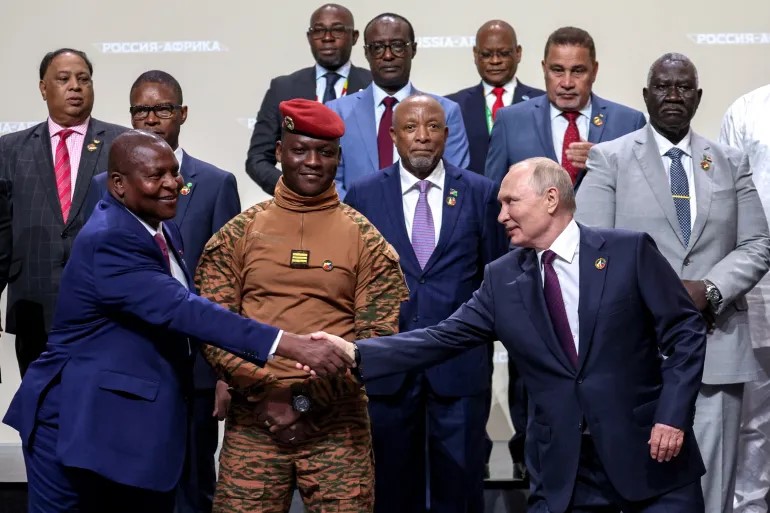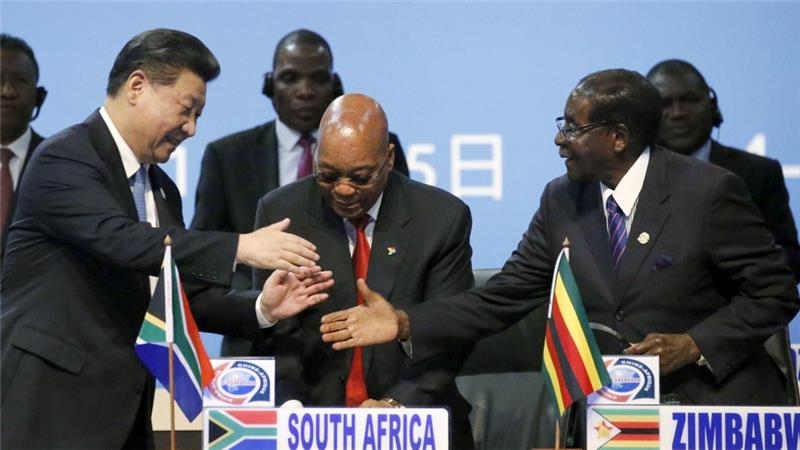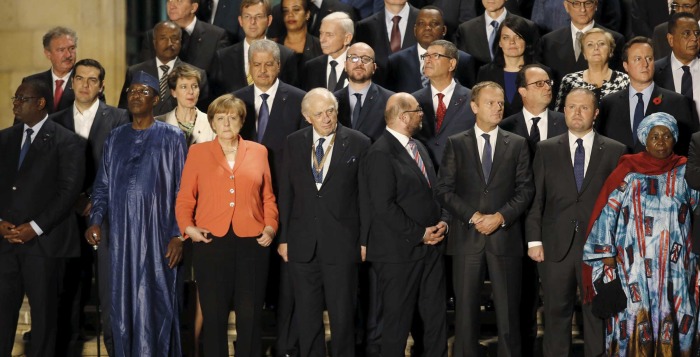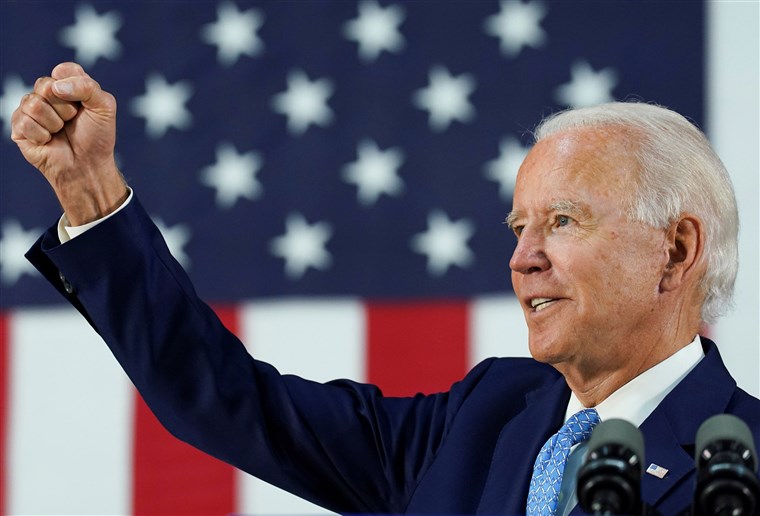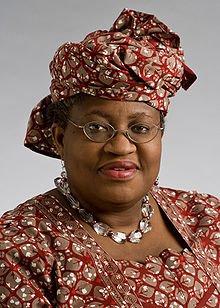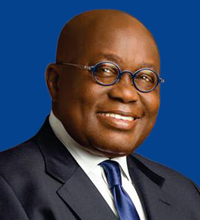What Will A Biden Presidency Mean For Africa?
As America and the world celebrate what many are referring to as a “new era”, after a turbulent 4 years reign of President Donald Trump, many have begun asking what exactly will a Biden presidency look like, even before the president-elect has had the chance to deliver his victory speech.
That question couldn’t be any timelier for Africa, given that the outgoing president Trump is the first US president in 40 years to be leaving office without setting foot on the African soil. The Trump presidency’s Africa policy was not only a shadow of what it normally would be but almost none existence. The continent noticed a considerable policy shift, in terms of the US-Africa relationship, given the inward-looking Trump policy approach under the embroil signature of “America First”.
Adopting a “no involvement” approach meant any other Africa-US related issue had to take the bottom shelf, and probably never looked at, at the level of the presidency, thus allowing many experts to assert that Trump was shredding off pages of anything related to Africa off his agenda. He wasn’t only considered to have developed some cold feet towards Africa during the four years in office, but he also embarked on weakening any existing national and International institution through which Africa was benefiting from. First, he vigorously opposed International Trade Agreements that benefited many African countries, called for a massive reduction in funding for international organizations upon which many African countries benefited from.
He cut funding to most of these international organizations (especially UN bodies) with the intent of choking them off. Most United Nations Programs that benefited Africa were listed for defunding, including the World Health Organisation (WHO) that saw its funding suspended on April 14th, 2020 amidst the spreading of the Covid-19 pandemic. The UN Human Right Watch that has kept a constant watchful eye over most African autocrats with records of human rights abuses saw its US funding suspended in 2018, and the US shocked the world with its decision to withdraw from the Human Rights Council, a decision many saw as a gift to world dictators and human rights abusers.
Other than a few friendly (but meaningless) utterances from Trump’s Secretary of State Mike Pompeo during his visit to a few carefully selected countries in Africa (Angola, Ethiopia, and Senegal) earlier this year, and a lopsided shallow deal with Kenya, (details still unknown), there has virtually been no new trade deal between the US and Africa under the Trump administration.
The US zero interest in Africa policy meant China and other powers had it their way on the continent over the last 4 years, as more African Head of states leaned towards China for both security and development aid, albeit at a high cost given the Chinese strings attached to every aid package offered. All of this leaning done with China paying little or no attention to the deteriorating human rights abuses across the continent, and the multitude of conflicts ravaging the continent from North to South West to East.
From undermining the US-Africa strategic alliance to combat Jihadist in the Sahel, with a threat to withdraw US forces from the region, cutting funding for many US-Africa security programs, the withdrawal of the US from the Paris Agreement on Climate change mitigation, shredding and opting out of peace deals with Iran and the EU and as well as re-locating State Department resources to a trade war with China, it became apparent that the “US First” Trump’s policy was a recipe for disaster not only to Africa but to the entire world. The Trump White House’s recent decision not to back Ngozi Okonjo-Iweala for what would not only be Africa’s first Head of the WTO, but also the first woman to head the organization was another low point in the Trump US-Africa relationship.
With new deadly conflicts across the continent requiring international intervention and mediation on the rise, requiring responsible partners to step in and play key roles in resolving them, such as the war of independence in the Southern Cameroons, existing and complicated ones escalating to dangerous levels like the recent escalations between Ethiopia and Egypt over the Nile Dam, Eritrea and Ethiopian conflict, the rise of Insurgency in Egypt, the second Libyan civil war, Insurgency in the Maghreb, the South Sudan war, the Northern Mali Conflict and the recent coup, the Tuareg Rebellion in the Niger, Boko Haram insurgency in Nigeria and Cameroon and a multitude of other conflicts across the continent, a more friendly and engaging partner in the White House with an interest in seeing some level of stability across the continent would be some welcome news.
However, with the Covid-19 pandemic still ravaging across cities in the United States, with an ailing economy, the big question is “will a Biden presidency make any difference in the US Africa relationship? Or rather, what would a Biden presidency mean for Africa?
Eric Acha is the Executive Director for the Africa Policy Forum
Email For Media Contact: This email address is being protected from spambots. You need JavaScript enabled to view it.

